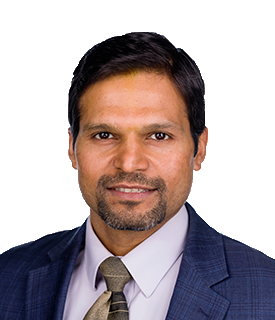Published on March 3, 2014 by Karthik Vijayapalan
It struck me that Sherlock Holmes provides invaluable lessons to our quant analysts – working on a spectrum of research and analytics areas, including macro and investment strategy; forecasting and econometrics; asset valuation and risk analytics; derivatives and structuring; index and portfolio analytics; hedging and trading strategy; and marketing and big data analytics.
Here are a few important takeaways for quant analysts working in these areas.
1. Unbiased mission statement.“I never guess. It is a capital mistake to theorise before one has data. Insensibly one begins to twist facts to suit theories, instead of theories to suit facts.” Start with the question that you are trying to answer rather than the other way around. Quant research is often an iterative process and the question can change or broaden once you get the data. But never start with the answer. For instance, it would be a mistake to twist a valuation process to reach a preconceived range that seems “reasonable.” blog
2. Collection of all types of data.“Data! Data! Data! I can’t make bricks without clay.” Data does not just mean readily available data from vendors such as Bloomberg and Reuters. It is important to actively pursue data gathering through different channels for both structured and unstructured data.
3. Exploratory data analysis. Identifying anomalies.
Gregory: “Is there any other point to which you would wish to draw my attention?” Holmes: “To the curious incident of the dog in the night-time.” Gregory: “The dog did nothing in the night-time.” Holmes: “That was the curious incident.” Exploratory data analysis is as important as confirmatory data analysis. Explore the data even before formulating a statistical hypothesis. Anscombe’s quartet is a good example of how plotting data lets you explore and identify anomalies.4. Parsimony in modeling and theorising.“Elementary, my dear Watson.” Elegance lies in providing a simple answer to a complex problem and not vice versa. Quant modelers should actively strive for parsimony in their modeling approach and certainly avoid the risk of overfitting a model to the sample data at hand. Similarly, quant developers should adopt a modular approach to programming, where each module represents a simple function or purpose. Simplicity should also be the theme for analytics reporting.
5. Attention to detail.“It has long been an axiom of mine that the little things are infinitely the most important.” “They say that genius is an infinite capacity for taking pains. It’s a very bad definition, but it does apply to detective work.” It also applies to quant work. The use of quality-control checklists and process automation does help navigate through the devil in the details.
6. Analytics visualisation.“The world is full of obvious things which nobody by any chance ever observes.” Visualization of analytics is like icing on the cake. Visualization is a very powerful media to effectively communicate analytics to the target audience. Yet, many published analytics visualisations are hard to comprehend. Simple design aspects such as chart type, use of markers, and choice of colours go a long way in creating a powerful visualisation.
7. Story telling.“Nothing clears up a case so much as stating it to another person.” Good quant analysts are also good story tellers. The final report and presentation that has a strong story line rather than a mere collection of facts and figures is often the winner!
What's your view?
About the Author
Karthik Vijayapalan is Business Development Director for Acuity Knowledge Partners, New York, and oversees client relationships in the Americas within the banking, financial services and insurance (BFSI) sector. He is a relationship manager and trusted advisor to leading banks, investment managers, hedge funds, fund-of-funds, private markets investors and private wealth managers, helping them accelerate growth, save costs, increase speed-to-market, scale operations, manage risk and meet regulatory compliance by strategically implementing our services.
Like the way we think?
Next time we post something new, we'll send it to your inbox







